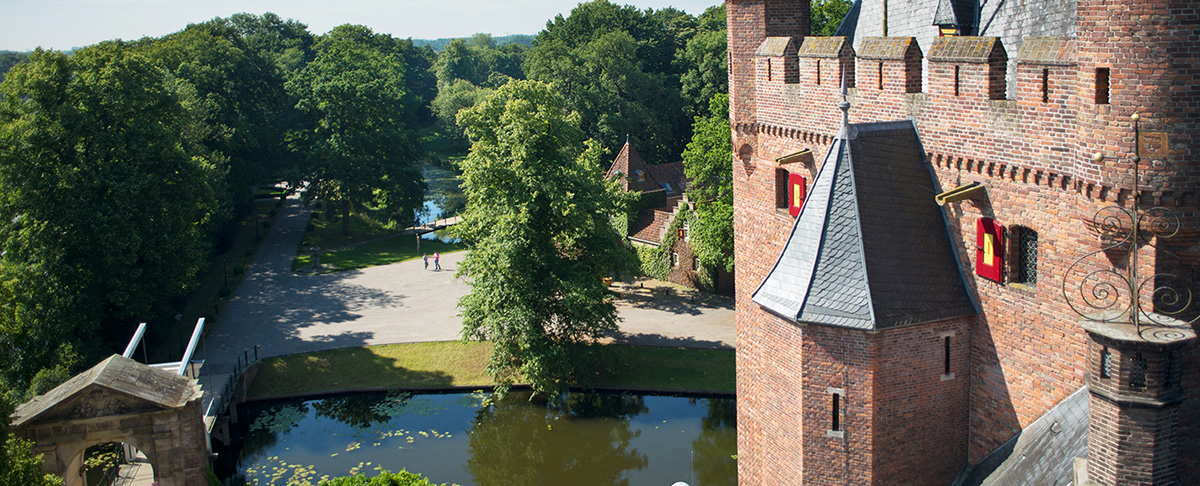Researcher Diane Zandee, who obtains her doctorate from Nyenrode Business Universiteit today, wants to connect finance and sustainability. That is why she has conducted research into how accounting can contribute to the transition towards a circular economy. There is a need for a common language and structure in order to embrace this new economy. “We are still focusing too much on the financial side and not enough on ecological and social values. We can only change this if the entire chain changes along with it. For that we need a conductor, a coordinator who ensures that everything goes at the right pace and that everyone works together to find harmony.”
Accounting needs ecological and social values
 Zandee researched organizations that want to move from the linear economy to the circular economy. She has looked at how these organizations are supported in their transition by accounting structures, such as P&L, balance sheet, cash flow statements and ratios based thereon. “The existing structures mainly focus on the financial values of an organization. But to make the transition to a circular economy a success, we must also include ecological and social values. For example, how much raw materials or waste is saved and used. These values are essential.” By including these values, organizations get a better understanding of what a circular business model can bring them, which is more than financial value alone. "It also helps with the creation of more transparency and comparability and allows external stakeholders such as customers and suppliers, but also investors, to increasingly reward sustainable companies and initiatives."
Zandee researched organizations that want to move from the linear economy to the circular economy. She has looked at how these organizations are supported in their transition by accounting structures, such as P&L, balance sheet, cash flow statements and ratios based thereon. “The existing structures mainly focus on the financial values of an organization. But to make the transition to a circular economy a success, we must also include ecological and social values. For example, how much raw materials or waste is saved and used. These values are essential.” By including these values, organizations get a better understanding of what a circular business model can bring them, which is more than financial value alone. "It also helps with the creation of more transparency and comparability and allows external stakeholders such as customers and suppliers, but also investors, to increasingly reward sustainable companies and initiatives."
Old business models lack long-term risks
Linear economic business models do not cover all risks. Think of climate risks or scarcity of raw materials. But those are exactly the factors that are important for the continuity of an organization: "The current economy accelerates climate change due to CO2 emissions and the use of raw materials. To combat climate change, we want to build a circular economy. And the way to do this, among other things, is by including ecological and social values in the decision-making process. Now, an investment is often only valued by its short-term profit and risks. In a circular economy however, investments are assessed on other values, such as the reuse of raw materials. This means that you will be looking at long-term continuity and the reduction of long-term risks”.
Collaboration and taking action are crucial in transition
According to Zandee, the biggest challenge in implementing new accounting structures is behavioral change. Old behavior must be replaced by new behavior, which requires strong motivation. The decision-makers should be given more freedom to implement the sustainable side of accounting. They should assess more based on the longer term and take other values into account. To make the transition to a circular economy, organizations must seek cooperation with suitable partners. Together they must commit to a topic, in order to be able to take action and involve people. “And stop overthinking, simply start doing. That is the fastest way to move forward.”

